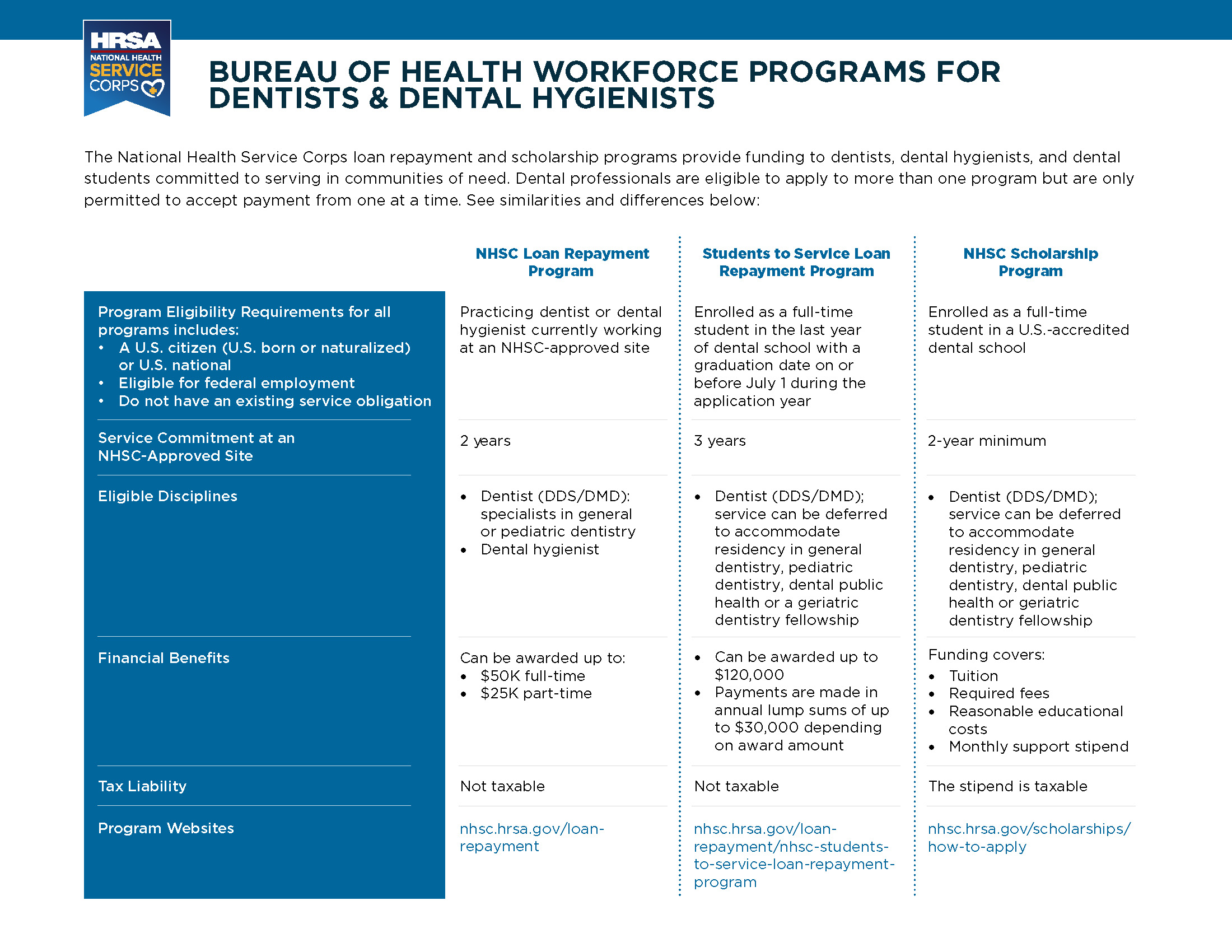Applying for Financial Aid
The federal financial aid application process begins with the completion of the Free Application for Federal Student Aid (FAFSA). In order to be considered for financial aid from the Federal Title IV programs, students must meet basic eligibility requirements.
IMPORTANT:
In order for us to receive a copy of your FAFSA results, you must include Stony Brook University's federal school code, 002838 on your application.
Students who would like to be considered for need-based federal financial aid (Federal Work-Study, Campus Based Funds) must complete their FAFSA by the priority filing deadline of April 1st.
Types of Aid
Program Detail and Eligibility:
This grant is funded by Stony Brook University, a campus-based aid program and it provides up to a partial waiver of tuition for students who qualify. This grant does not have to be paid back.
- Must be a New York State resident enrolled as full-time student in a State University seeking your first graduate or professional degree.
- Medical and Dental students have first priority for this award
Award Limits:
- Funds for the program are limited and dependent on the number of eligible students.
How to Apply:
- Must complete the FAFSA by the priority deadline & demonstrate low household income
- Must complete the Institutional Application for Financial Aid which can be downloaded from your SOLAR account. There, you will be asked to provide parent income information and include a copy of your parent(s) tax return.
Current Recipients:
Continuing students who were awarded HPSL in the previous year must continue to provide parent information by submitting the FAFSA by the priority date and completing the Institutional Application for Financial Aid which can be downloaded from your SOLAR account. Recipients must continue to demonstrate low household income to maintain the award each year.
Air Force
Army
Navy
For more information, please contact the Office of Education.
Employment requirement. This federal program provides on-campus employment opportunities to graduate students. Please contact Daniella Zajac, Director of Student Services, in the SDM, for more information about procedures and available jobs in the School of Dental Medicine.
Award Limits:
FWS hourly wage ranges from $16-$20 an hour. Typical annual earnings range from $500-$1,000.
How to Apply:
- File the FAFSA by the priority deadline and demonstrate financial need
PLEASE NOTE: FWS funds are limited, therefore, funds will be awarded based on the order in which the FAFSA is received.
You will receive FWS funds in the form of a bi-weekly paycheck, based on the hours you have earned at the job. The FWS award cannot be used as anticipated/pending financial aid towards your semester bill. Satisfactory Academic Progress is a requirement.
Program Detail & Eligibility:
This is a loan that needs to be repaid & is offered through the federal campus-based aid program. It is awarded to matriculated students with financial need. Payment is owed to the school that awarded the loan. Interest on this loan does not accrue while you are in school and during your initial grace period. Repayment begins 12 months after you graduate or fall below six credits. Interest rates during repayment are locked at 5%. Satisfactory Academic Progress is a requirement.
For further information regarding repayment: Federal Health Professions Student Loan Program Borrower's Guide.
Award Limits:
Loans cannot exceed the amount of tuition plus $2,500. The award amount depends on the availability of funds. Amount actually received depends on financial need, amount of other aid, availability of funds at school.
How to Apply:
- Complete the FAFSA by the priority deadline and demonstrate low household income.
- Must complete the Institutional Application for Financial Aid which can be downloaded from your SOLAR account. There, you will be asked to provide parent income information and include a copy of your parent(s) tax return.
Current Recipients:
Continuing students who were awarded HPSL in the previous year must continue to provide parent information by submitting the FAFSA by the priority date and completing the Institutional Application for Financial Aid which can be downloaded from your SOLAR account. Recipients must continue to demonstrate low household income to maintain the award each year.
Veterans Benefits and Services: Students interested in applying for benefits under any of the VA educational assistance programs should contact Stony Brook’s Office of Veterans Affairs.
Veteran Awards administered through the New York State Higher Education Services Corporation (HESC): Child of Veteran, Persian Gulf Veterans Tuition Award and Vietnam Veterans Tuition Award. Additional information and application procedures are available at New York State HESC website.
Annual Loan Limits* | |||
|---|---|---|---|
| Graduate and Professional Students | Enrollment/Loan period | Federal Unsubsidized Loan Limits | Federal Grad Plus Loan Limits |
| DDS Program Year 1 and 2 | 10 months | $42,722 | Up to cost of attendance |
| DDS Program Year 3 and 4 | 11 months | $44,944 | Up to cost of attendance |
| Advanced Education | Endo, Ortho, Perio: Year 1 | 11 months | $20,500 | Up to cost of attendance |
| Advanced Education | Endo, Ortho, Perio: Continuing | 12 months | $20,500 | Up to cost of attendance |
Aggregate Loan Limits (Total Cumulative Loan Amounts)* | |
| Dental Students – DDS Program | $224,000 |
| Graduate and Professional Students- Includes Advanced Education Programs: Endo, Ortho and Perio | $138,500 |
*Limits apply to loans that have disbursed prior to July 1, 2026
Types of Loans for Graduate Students
Unsubsidized loans are non-need-based loans, and are available regardless of financial need. Students must be enrolled in a degree program with six or more credits to be eligible.
First-time borrowers will be required to complete a Master Promissory Note and Entrance Counseling before loan funds can be disbursed.
The federal government does NOT pay the interest. Interest begins to accrue as soon as the loan funds are disbursed. Students may choose to pay the interest that accumulates or have it capitalized – meaning, the interest will be added to the principal amount of your loan and additional interest will be based upon the higher amount. Paying the interest as it accumulates will reduce the amount of interest that must be repaid.
Beginning July 1, 2025, the interest rate is 7.94% for Graduate Unsubsidized loans.
The loan origination fee for an unsubsidized loan that has fully or partially disbursed on or after October 1, 2022 and prior to October 1, 2023, is 1.057%. This fee will be reduced from the loan funds sent to the school.
Repayment begins 6 months after you graduate or are no longer enrolled for 6 or more credits. Payments are made directly to your loan servicer. Locate your servicer login.
Graduate PLUS loans are available to eligible graduate and professional students up to the cost of attendance minus other financial assistance offered each academic year. To be eligible, you must be enrolled in 6 or more matriculated credits and not have an adverse credit history.
First-time borrowers will be required to complete a Master Promissory Note before loan funds can be disbursed.
Beginning July 1, 2025, the interest rate is 8.94% for Federal Graduate PLUS loans.
The loan origination fee for a Graduate PLUS loan that has fully or partially disbursed on or after October 1, 2023 is 4.228%. This fee will be reduced from loan funds sent to the school.
Interest begins accruing as the loan is disbursed. Borrowers may choose to repay the interest monthly, quarterly, or have the interest capitalized. Repayment of the principal balance plus interest begins 60 days after the loan has been disbursed. However, the borrower can defer payments while that are enrolled at least half time (six credits) by contacting the loan servicer. To locate your servicer log into The National Student Loan Data System.
If a Grad PLUS is denied: The borrower will receive notification from the federal government as to the credit decision.
The borrower has an option to re-apply with a credit-worthy endorser.
Before applying for private loans:
The university encourages all eligible students to complete a FAFSA application to determine federal student grant and loan eligibility.
Federal Direct Stafford Loans tend to have offer lower interest rates, financing options and benefits tailored to students and their families. Private loans should be considered after taking into account all federal student loans have been exhausted.
Amount:
The amount borrowed must be for educational expenses and cannot exceed the cost of attendance for the loan period. A cosigner is usually required if the loan is borrowed in the student’s name and loan approval is based on creditworthiness.
Terms and Conditions of the Loan:
Interest rates, loan fees, and borrower benefits for private loans vary. Private loans are also available for students that may not qualify for federal aid including international students (with a cosigner), students who have past due term balances, and students enrolled for less than half-time.
Additional information regarding private loans can be found here.
Institutions that enter into an agreement with a potential student or parent of a student regarding a Title IV loan are required to inform the student or parent that the loan will be submitted to the National Student Loan Data System (NSLDS) and will be accessible by guaranty agencies, lenders, and institutions determined to be authorized users of the data system. [ HEOA Sec. 489 amended Sec. 485B (d) (4) (20 U.S.C. 1092b)]
More information on federal loans please visit the following website: https://studentaid.gov/understand-aid/types/loans
Repaying Your Federal Student Loans
Using student loans to finance your education is much less stressful if you are an informed and responsible borrower. Understanding when you repay, who you make payments to, what amount you must repay and how to make those payments is key to successfully making your loan repayment. Some of this information is applicable while you are still an enrolled student and some will be more important for planning after you leave school. Knowing how the process works and the options available to you can save you time and money down the road.
Unsubsidized loans borrowed under either the Direct or FFEL programs have a six month grace period. The grace period begins when you leave school or your enrollment falls below half-time (6 credits). This loan enters repayment when the grace period ends.
PLUS Loans do not have a grace period.
Graduate and professional students with PLUS loans that were first disbursed after 7/1/08 receive an automatic deferment while in school and a six-month deferment after they graduate, leave school, or drop below half-time (6 credits).
When the time comes, you will make your payment to your loan servicer(s). You will be notified by your servicer(s) about when your payment is due, the amount due, and where to send payment. You are encouraged to create an online account with your servicer(s) as it will make management or your repayment easier. You can also sign up for automatic payments, which will help with making your payments on time and even give you a .25% interest rate reduction. For more information visit https://studentaid.ed.gov/sa/repay-loans.
Consolidating your federal education loans can simplify your payments, but it also can result in the loss of some benefits.
Learn about consolidation so you can weigh the pros and cons and decide whether a Direct Consolidation Loan is right for you. Visit https://studentaid.ed.gov/sa/repay-loans


